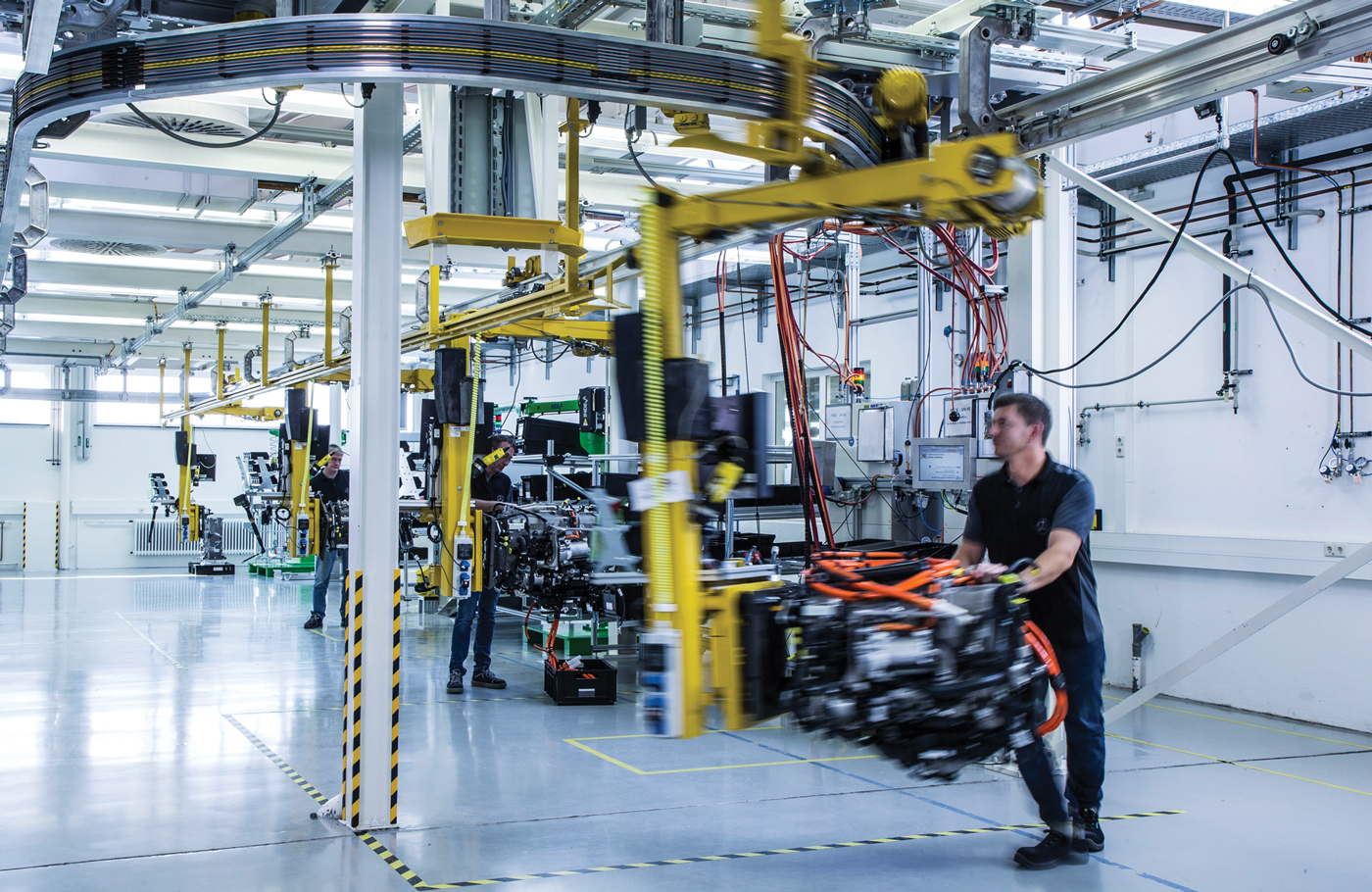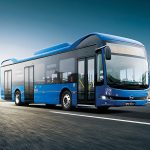Ambitious plans for greener trucking
Ambitious plans for greener trucking
South Africa simply doesn’t have the necessary infrastructure to roll out electric trucks or those that run on alternative fuels on a large scale, just yet. But we needn’t feel too bad … Europe also has a way to go. The northern hemisphere does have a plan in place, however. Will we catch up or lag behind forever?
Diesel still dominated the European Union’s (EU’s) truck registrations in terms of market share last year, at 96,4%, according to the European Automobile Manufacturers’ Association, which represents the 15 major Europe-based car, van, truck and bus makers.
Electrically chargeable vehicles accounted for 0,4% of all new trucks registered across the EU, and all alternatively powered vehicles combined held a market share of 3,4% in 2020.
Despite the low percentages, large national and international transport buyers are showing strong interest in electric vehicles. This is being driven by their own ambitious climate goals, as well as consumers’ demand for decarbonisation and cleaner transport.
“More and more transport companies are realising they need to start their electrification journey right now, both with the environment in mind and for competitive reasons to satisfy customer requirements for sustainable shipping. With our wide and deep offering, it is totally feasible for far more transport companies to go electric,” says Roger Alm, president of Volvo Trucks.

With the start of sales of the new electric Volvo FH and Volvo FM models, the company is offering electrified transport for regional traffic between cities. In addition, the new electric Volvo FMX model is creating new ways to make construction transport operations both quieter and cleaner.
Production of the new electric models for Europe will start in the second half of 2022. They join the Volvo FL Electric and Volvo FE Electric for urban transport, which have been in serial production since 2019 for the same market.
In North America, the Volvo VNR Electric started selling in December 2020. With the addition of the new models, Volvo Trucks now has a line-up of six electric trucks, which makes it the most complete commercial electric truck range in the industry.
“There is huge potential to electrify truck transport in Europe, and also in other parts of the world, in the very near future,” says Alm. “To prove this, we have set the ambitious goal to have electric trucks account for half of our sales in Europe by 2030. And these three new extra heavy trucks that we are now launching mark a giant step towards reaching that target.”
No electric models are yet available in South Africa. Volvo Trucks South Africa is, however, currently testing two liquefied natural gas models and will explore the feasibility of electric trucks for the local market.
Looking further ahead, Volvo Trucks believes that even long-distance heavy transport will be able to be done with electric vehicles. To meet the challenging demands for both high load capacity and a much longer range, the company plans to use hydrogen fuel cells to generate the electricity.
“This technology is developing rapidly, and our ambition is also to make the long driving distances electrified, using both batteries and fuel cells,” Alm states. “Our aim is to start selling fuel-cell electric trucks in the second part of this decade and we are confident we can make this happen.”
To this end, Daimler Truck AG and the Volvo Group joined forces to launch the new fuel-cell joint venture cellcentric – an industry-first commitment to accelerate the use of hydrogen-based fuel cells for long-haul trucks.
Designed to help meet the 2050 targets of sustainable transport and a carbon-neutral Europe as part of the European Green Deal, cellcentric will develop, produce and commercialise fuel-cell systems for both long-haul trucking and other applications.
Martin Daum, chairman of the board of management of Daimler Truck AG and member of the board of management of Daimler AG, says: “Hydrogen-powered fuel-cell electric trucks will be key for enabling CO2-neutral transportation in the future. In combination with pure battery-electric drives, it enables us to offer our customers the best genuinely CO2-neutral vehicle options, depending on the application.
“Battery-electric trucks alone will not make this possible. Together with our partner Volvo Group, we are therefore fully committed to cellcentric, and we are both pushing forward the development of the technology as well as the series production preparations. Regarding the necessary hydrogen infrastructure, it is clear that green hydrogen is the only sensible way forward in the long term.”
Martin Lundstedt, CEO of Volvo Group, says: “Our united ambition is to meet the targets in the Paris agreement of becoming CO2-neutral by 2050 at the latest. We are convinced that hydrogen fuel-cell technology plays an essential role in helping us reach that milestone. But we know there is so much more to achieve than just the electrification of machines and vehicles.
“There needs to be greater cooperation between public and private stakeholders to develop the necessary technology and infrastructure, which is why we are calling for united action from policymakers and governments around the world in helping us make hydrogen fuel-cell technology a success. Partnerships like cellcentric are vital to our commitment to decarbonising road transport.”
The major truck manufacturers in Europe, also backed by Daimler Truck AG and Volvo Group, are therefore calling for the set-up of about 300 high-performance hydrogen refuelling stations suitable for heavy-duty vehicles by 2025 and of around 1 000 hydrogen refuelling stations no later than 2030 in Europe.
As CO2-neutral trucks are currently significantly more expensive than conventional vehicles, a policy framework is needed to ensure demand and affordability. According to Daimler Truck AG and the Volvo Group, this should include incentives for CO2-neutral technologies and a taxation system based on carbon and energy content. An emissions trading system could be an additional option.
Currently, cellcentric is conceptualising the plans for its large-scale series production. More details and a decision on the location will be revealed during 2022. As a significant step towards series production, preparations for pre-series production are taking place at a new site in Esslingen near Stuttgart. In parallel, cellcentric is scaling up prototype output.
The goal of Daimler Truck AG and Volvo Group is to start with customer tests of fuel-cell trucks in about three years and to have them in series production during the second half of this decade. All vehicle-related activities are carried out independently from each other, as both companies remain competitors in all vehicle and product ranges, and particularly in fuel-cell integration solutions for all products.
So, while diesel still dominates the local market and abroad, there are ambitious plans to ensure greener trucking in the future.
We can’t wait to see how this unfolds.
Published by
Focus on Transport
focusmagsa




